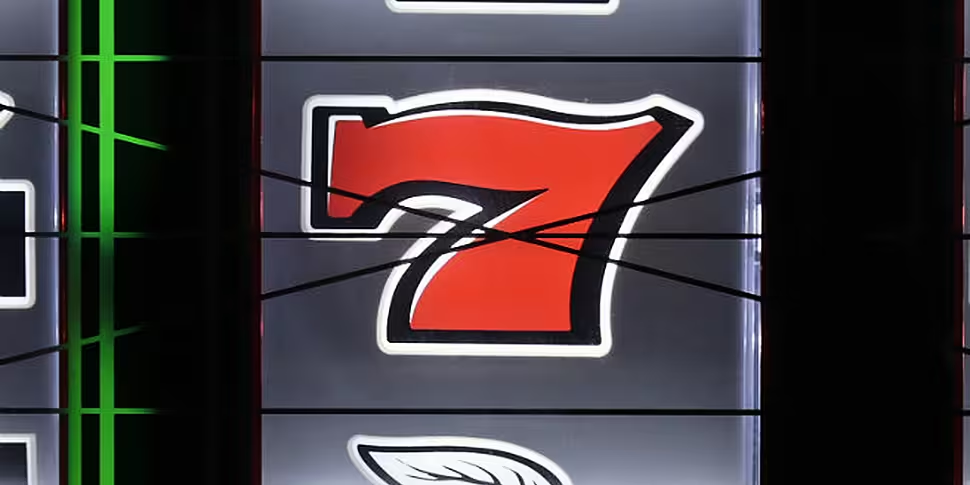A new report has found that children as young as nine are gambling in Ireland.
The study by UCD, Playing Social Roulette: The Impact of Gambling on Individuals and Society in Ireland, identifies that 86% of people gambling in Ireland are men, with up to 40,000 people currently addicted to gambling.
Dr Crystal Fulton a senior lecturer at the school of Information and Library Studies at UCD – says for young people, it starts with children being exposed to gambling at home:
According to researchers, the number of teens gambling is two to three times greater than adults.
Donal Kiernan, Addiction Counsellors of Ireland, says part of the problem is smart phones "We are becoming more and more aware of things like smart phone addiction, dependency of that, but the accessibility that gives to all ages to gambling."
Kiernan says people with an addiction to gambling are usually operating in secret, "I recently spoke to somebody who talked to me about their spouse getting up in the middle of the night, out of the marriage bed, to go gambling at one o'clock in the morning and would stay there 'til three or four, get back into the bed and pretend they stayed there all night. And the first time it came to light was when they realised everything was gone, all our money is gone out of the account."
The report is calling for a National Gambling Strategy, including new laws to stop the growth of problem gambling.
The Gaming & Leisure Association of Ireland - which gambling operators - agrees. Director David Hickson says, "Today’s research highlights the consequences of allowing the gambling industry to operate in an unregulated environment that holds no player protection requirements. The GLAI have been calling for a passage of the Gambling Control Bill since Government commenced drafting it in 2013. While the Tánaiste’s involvement in today’s study is welcomed, in the absence of any progress on regulation we fear such involvement only pays lip-service to a matter of national urgency."
The association says research it presented to the government last month, shows that up to €222.5m would be generated annually through the passage of the proper regulation.









